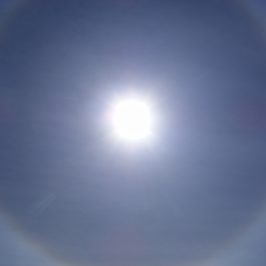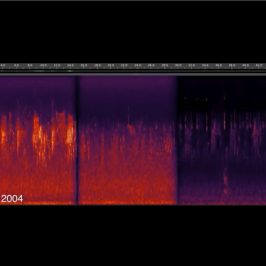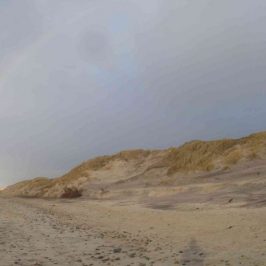I wanted to write a sort of introductory piece to Gaia. This turned out to become a rather lengthy and slightly muddled account of cybernetics, Gaian evolution and gradient reduction theory. Then I picked up Gaia in Turmoil by Eileen Crist and Bruce Rinker, read their introductory essay and realised that my writing had been misguided from the outset. If you don’t know about Gaia and you read just one article about it, you probably won’t get majorly excited about how nature abhors gradients.
I do think you might get excited by Crist and Rinker’s brilliant overview of the development of Gaia theory and the implications for scientific inquiry and self-understanding. It is a taster of how scientific inquiry is changing and what implications Gaia has beyond the natural sciences and for culture more broadly. In one sense it seems like it is a return to common sense in a non-sensical age. Take this for example:
“We submit that the increased entropy civilization is producing – through ecosystem destruction and impoverishment, habitat fragmentation, unending development, agro-industrial monocultures, and rampant extinction of species and subspecies – returns to us in the form of epidemics of violence, alienation, depression, disease, and nihilism across households, cultures, tribes, nations and religions.”
It may look like stating the obvious, but I think critically reflecting on this could, as the authors propose, awaken our gratitude to and awe for the physiological system we are part of. I was really happy to find an electronic version of the chapter at Eileen Crist’s homepage. Hopefully, this will tease your curiosity about Gaia as a way of knowing. Happy reading.






When the game is rigged and the ref is corrupt
Perhaps what we should fear most in this age of Collapse is the strain on...